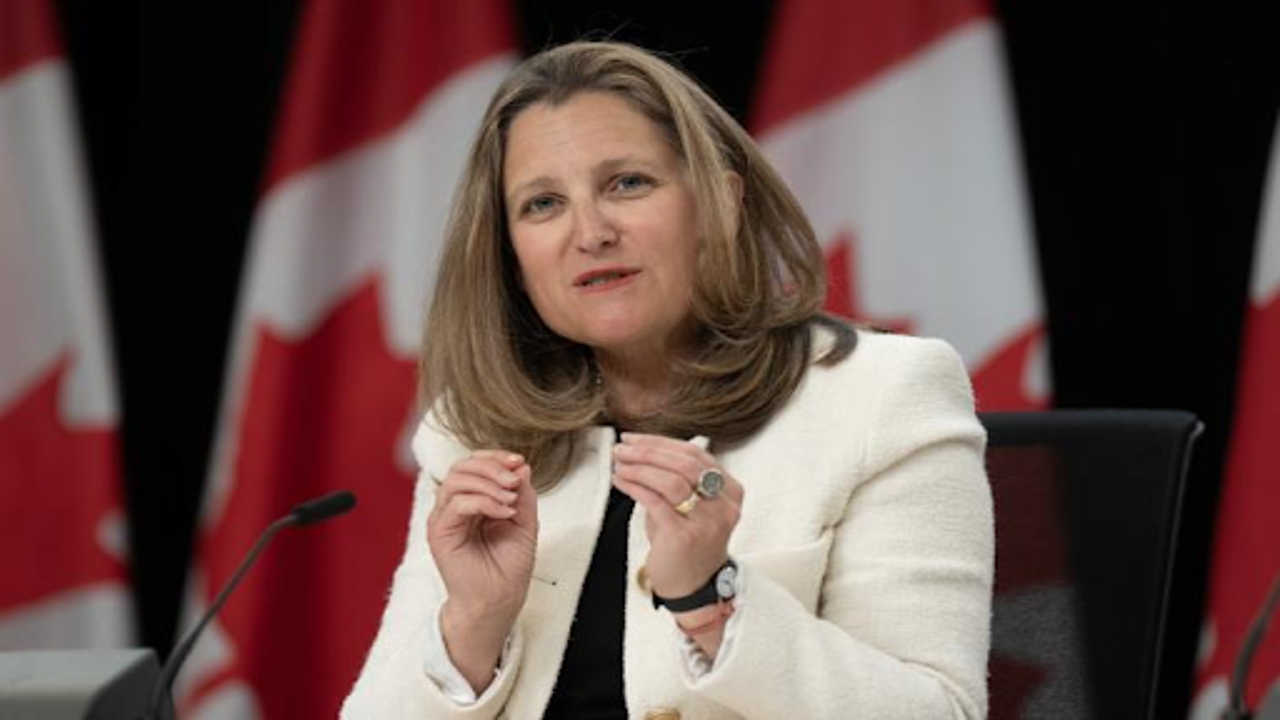
News reported by The Canadian Press
The Canadian government has rolled out new capital gains tax rules, signaling a significant shift despite fierce opposition from business and medical communities. Finance Minister Chrystia Freeland's recent budget proposed increasing the taxable portion of capital gains from half to two-thirds, affecting profits from asset sales like stocks or secondary residences.
For individuals earning up to $250,000 in capital gains, the tax rate remains at 50 percent. Prime Minister Justin Trudeau has framed this tax adjustment as a move towards intergenerational fairness, aiming to generate $19.4 billion over the next five years to fund essential priorities such as housing.
Freeland championed the changes in a dedicated motion that sailed through the House of Commons with support from the NDP, Bloc Québécois, and Greens. Conversely, the Conservatives, who had previously been silent on the issue, voted against the motion. Conservative Leader Pierre Poilievre expressed concerns that wealthy Canadians might seek to move their assets offshore to evade the new tax, potentially impacting sectors like farming, small businesses, healthcare, and homebuilding.
The alterations have triggered strong opposition from business groups, arguing that the increased inclusion rate could dampen economic competitiveness and innovation. Likewise, physicians' organizations have voiced concerns about the implications for retirement savings managed through incorporated medical practices.
Despite the backlash, Liberal officials have downplayed these concerns, emphasizing that only a small fraction of affluent Canadians will experience higher tax liabilities. In a pointed speech, Freeland challenged Canada's wealthiest citizens to consider the societal implications of resisting tax hikes, painting a stark contrast between exclusive lifestyles in gated communities with private healthcare and the degraded public services endured by less fortunate compatriots.
According to government estimates, just 0.13 percent of Canadians will face increased taxes on their capital gains annually. In an effort to stimulate entrepreneurial activity, Ottawa has also proposed the Canadian Entrepreneurs' Incentive, which reduces the inclusion rate to a third for eligible capital gains up to a lifetime maximum of $2 million.
The International Monetary Fund (IMF) recently weighed in with a cautiously optimistic view on the changes. In a statement following their regular visit to Canada, IMF staff noted that the adjustment enhances the tax system's fairness regarding different types of capital income, predicting minimal impact on investment or productivity growth.















